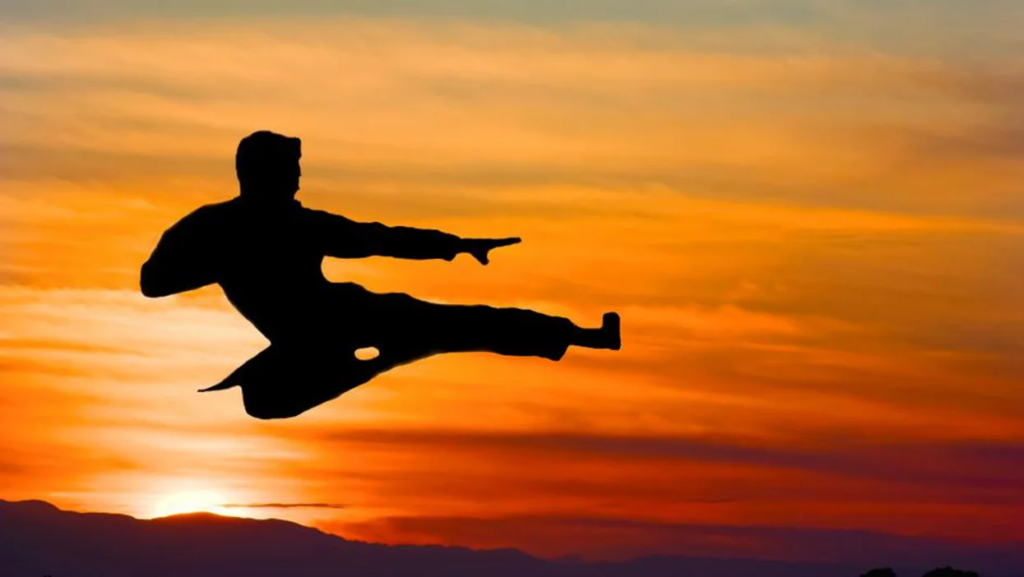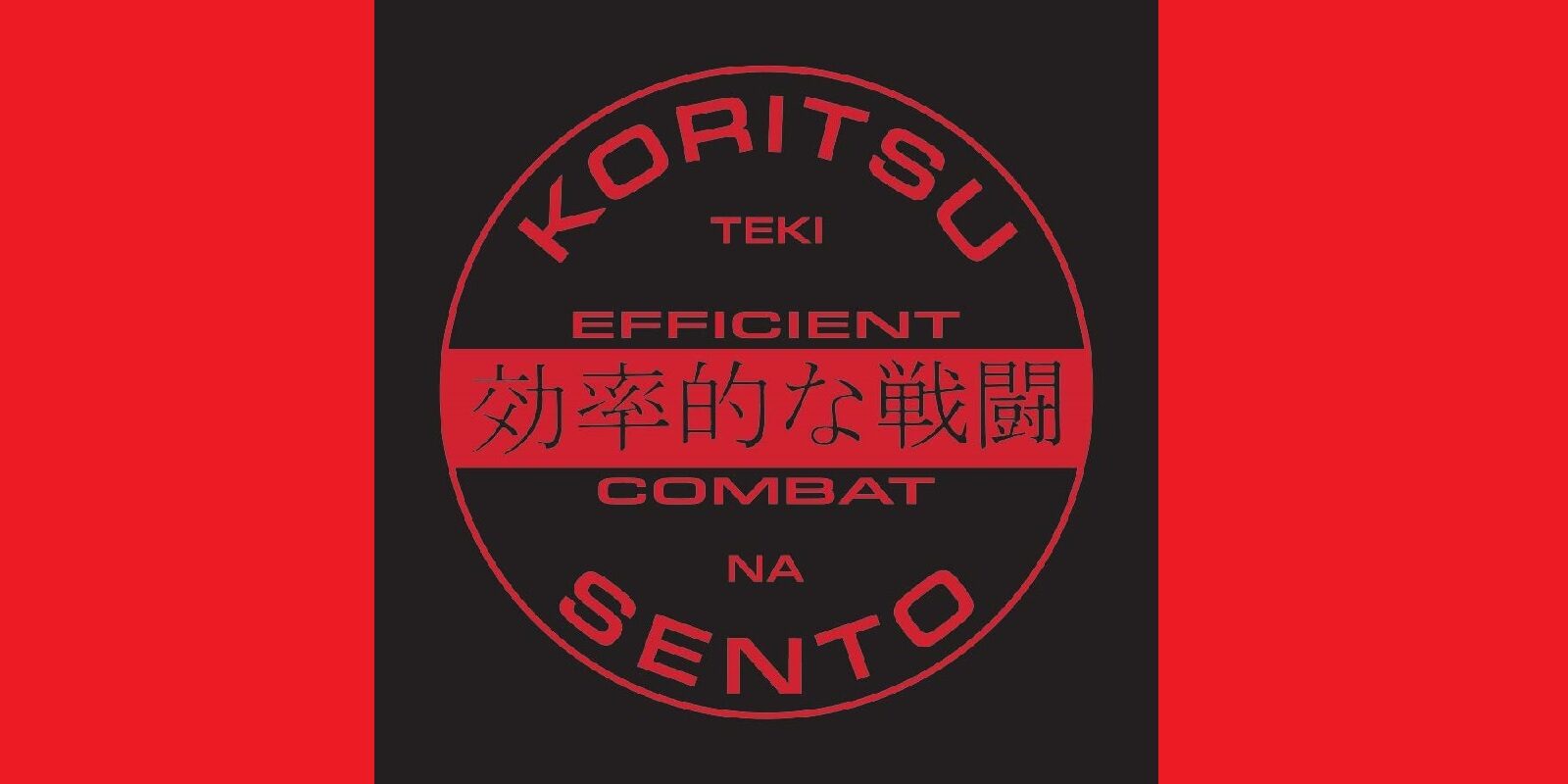July 19 | 2021

One long-running thread in the history of martial arts (and everything) is that concept that there is a right way to do things. Prior to martial arts being a for-profit business, it was of course a for-combat business. It is often said – and probably accurately – that all sport is essentially a diluted form of war.
We play games so we do not have to fight. Martial Arts of course is a little nearer the threshold than other things, so it makes sense that if there is a need to do it right or be proficient at it, there is probably more consequence in fighting than using an unacceptable word in Scrabble for example. Yes, both are competition and neither are as it were, to the death, but all would likely agree the significance of winning and losing in combat sports is graver than in games in the colloquial sense. You know, because of all the broken bones, trauma, blood, and whatnot. A Scrabble game would have to be pretty intense if that came into play there. This writer could tell you some chess match stories.
When there is a posed right way to do something and even further when said way is implemented and yields results, replication becomes a natural byproduct. It has been so in MMA since its inception not so long ago. Even as recently as this year we are still talking about the effectiveness of the relatively newly-minted calf kick – that one that somehow never gets mentioned without Benson Henderson’s name being invoked. One has to wonder; has no Samurai or Navy Seal ever used a calf kick before? These useful and effective things not only can arrive on the scene and get canonized, the development of the arts and adaptation means they can get neutralized as well. That ebb and flow is what makes MMA beautiful to watch. That may or may not be true of all other sports, competition, or even Scrabble. Right down to elements of entire styles seeing shifts such as open stances in the more traditional arts or front leg heavy leaning in grappling and in particular American wrestling. Sometimes they wax, wane, then wax again e.g. Lyoto Machida to Stephen ‘Wonderboy’ Thompson comes to mind.
While we all know the history and even current controversy (China) regarding the challenging of traditional thought, it may be good to always be open to adopting good things as well as being willing to jettison some (not forever, just until they wax again) when it comes to fighting. The old saying rings true that it’s what we learn after we know it all that counts. Coaches, Senseis, and Sifus alike historically have revered their traditions’ right ways. That said, MMA is a good case study in the whatever works is worth reproducing methodology. It can be possible that like all art and all war, combat sports and its competitors could always be adapting and simultaneously revere their traditions. They can steal borrow from proven techniques and become more effective. They can ask questions of tradition without disrespecting it. In the beginning of MMA’s history, there was a palpable tension there – pretty much the origin of the sport itself in fact. This has certainly subsided which is probably good. Credit could and should probably given to Bruce Lee for putting the idea of asking good questions on the world’s stage. That question-asking paradigm itself is worth acquiring. That “Q” in acquiring is worth ten points in Scrabble by the way.
